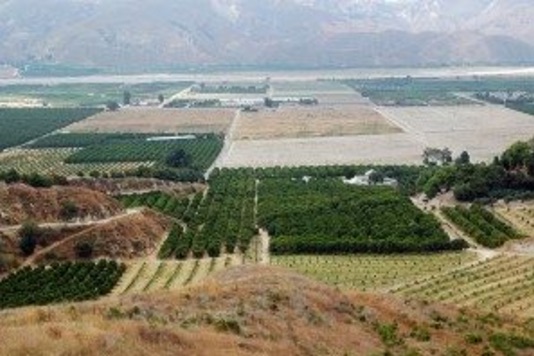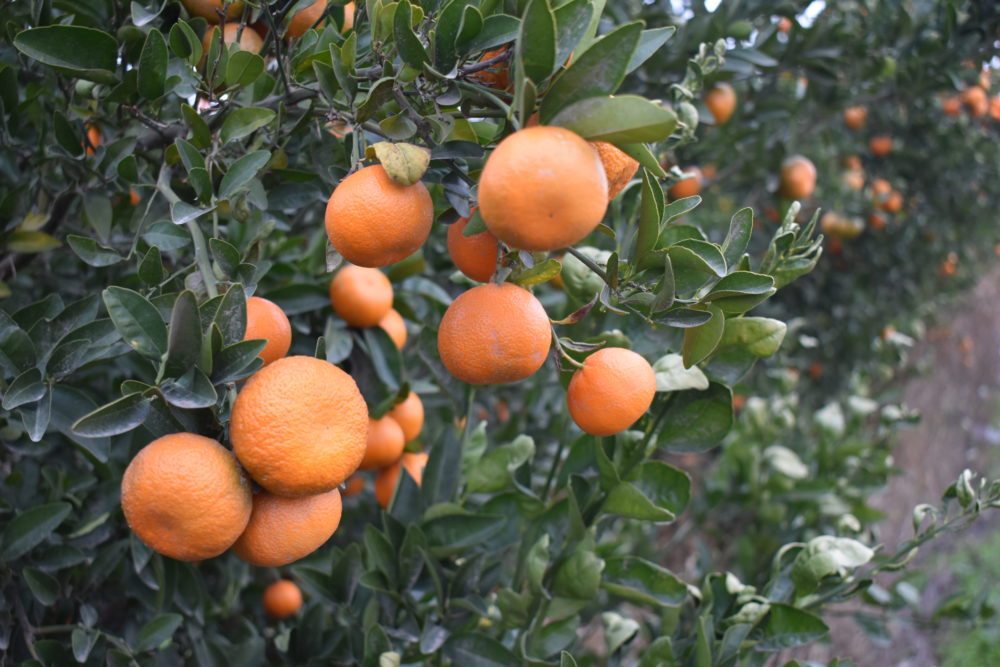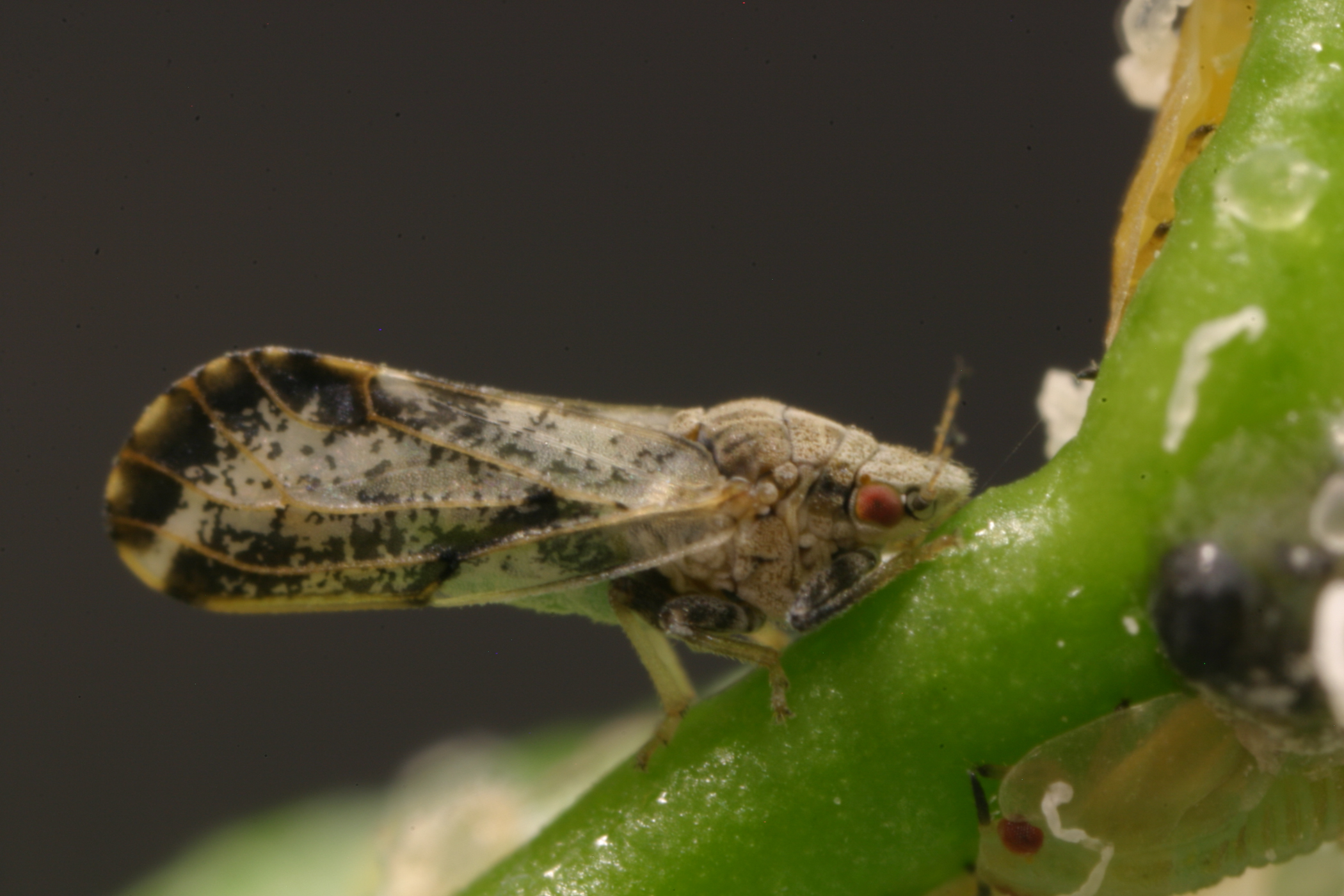Jim Patterson on Governor Newsom’s High Speed Rail Project Admissions
Patterson: “They Never Had the Land, They Never Had the Money”
News Release from Assembly Member Jim Patterson
Governor Newsom put the final nail in the coffin of high speed rail recently. His admission that this project will never go from Los Angeles to San Francisco as voters intended echoes what I have been warning about for years. The results of the audit I requested provided indisputable proof that there is no way forward. They never had the land, they never had the money, and now we know that it will never be a reality.
Governor Newsom also confirmed today that if California doesn’t finish the Bakersfield to Madera portion of the track, we will be forced to repay $3.5 billion in federal funds.
With this stunning turn of events, Central Valley rail supporters and skeptics, must band together to make sure we are left with a functional track. After tearing up prime Ag land and ripping up the heart of our cities, we must ensure that we aren’t left with the unfinished scraps of a failed project.
“The only way this bureaucracy works is by keeping the pressure on. Today’s turn of events is proof of that.























